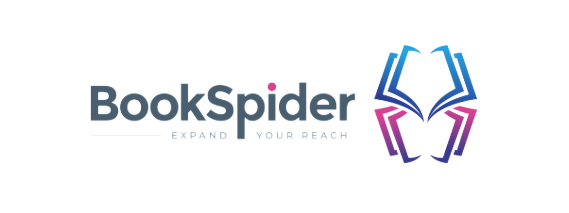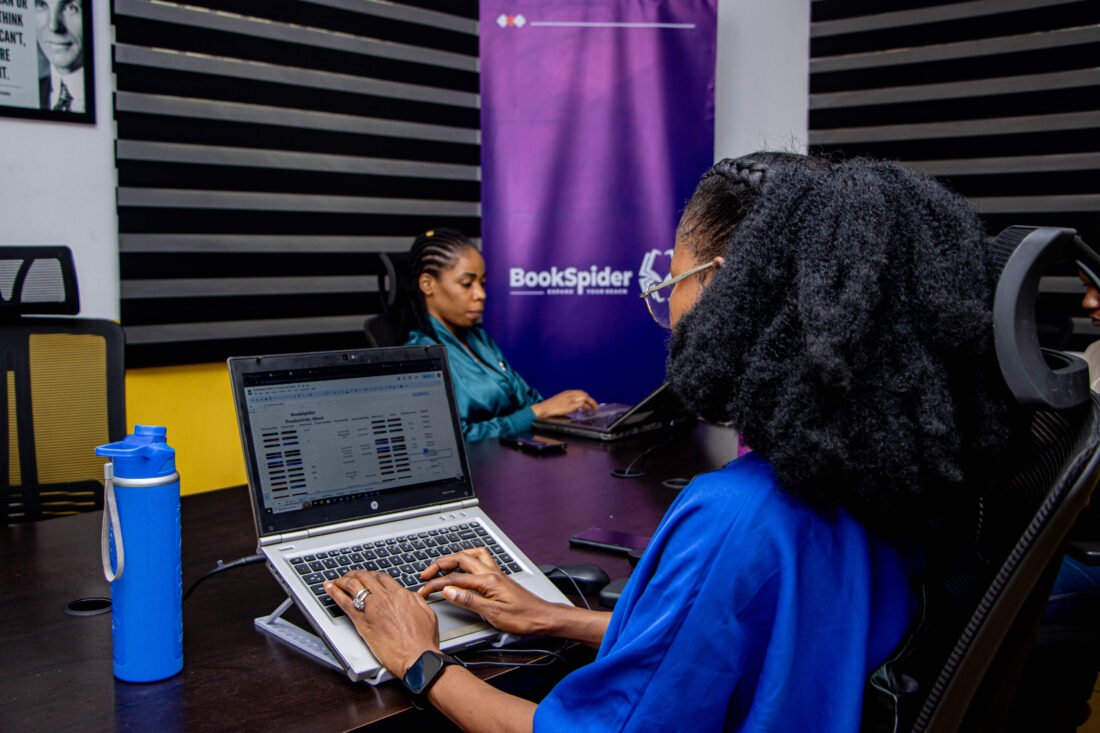
Traditional Vs Self-Publishing: What You Need To Know
Is self-publishing better than traditional publishing? Well, deciding between them can be daunting. However, making an informed decision based on your goals and available resources is essential.
Say you just finished crafting a beautiful novel, and your editor has deemed it ready for publishing, but you are unsure of the right choice. What, then, do you do?
Before making a decision, let’s explore the two concepts.
- Traditional Publishing
This method involves submitting your manuscript to an established publishing house specialising in your niche or genre. If your manuscript is accepted, a team of experts will handle the entire process, from editing to designing the book cover, sales, printing, and distribution.
Traditional publishing can be competitive with longer processes and timelines, so choose appropriately. Here are the pros and cons of traditional publishing:
Pros
- Professional Support: Here, your publisher will support and guide you through the whole process. From the editing stage to designs, printing, and then marketing, these experts will save you the stress of publishing your book yourself.
- Credibility:There is a kind of prestige traditional publishing gives you. Why? Because professionals have vetted it, everyone wants to associate with such published work.
- Visibility:Traditional publishers enable your work to reach a wider audience. They have strong distribution networks that can get your book in the faces of lots of people.
- Cash Advances:Authors receive payment even though they haven’t made sales from their books.
Cons
- Long Publishing Timeline: Traditional publishing has a longer timeline than self-publishing, from editing manuscripts to publication.
- Loss of Control:With traditional publishing, you don’t fully control your book; decisions are made on your behalf.
- Low Royalties:For traditional publishers, the royalty rates are low.
- Highly Competitive:Securing a publisher might be quite challenging due to the nature of the publishing industry.
- Self-Publishing
Self-publishing can also be referred to as independent publishing. Here, you are responsible for the work and cost of publishing your book. With self-publishing or independent publishing, you can control the whole publishing process.
Pros
- Full Control: Here, you have full control over the publishing process.
- Swift Publishing:Unlike traditional publishing, your book reaches the market quickly, and authors have control over the distribution schedule.
- High Royalty:Authors earn a high percentage of royalties from book sales, which can be financially rewarding.
Cons
- Limited Distribution: Self-published books struggle to reach libraries and bookstores, which is why the distribution networks are limited.
- Responsibility for Everything:Here, you handle the editing, book cover design, marketing campaign and everything a traditional publisher can do for you.
- Marketing Efforts:As a self-published author, you are responsible for your book’s marketing promotion.
The right choice between traditional and self-publishing depends on your goals and preferences. If you want your book to go through a publishing house and have professional support, traditional publishing may be your best choice. But if you want full control of your book’s process, higher royalties, and speed, then self-publishing is the way to go.
To summarise, do your research to get a clear direction on which method can be a great choice for your next book.
If you choose the self-publishing path, you can trust us to ease your publishing process. Send us an email via hello@bookspider.ng.




